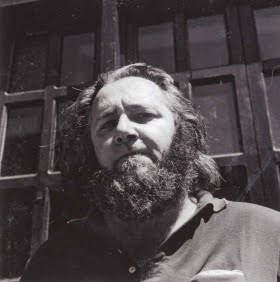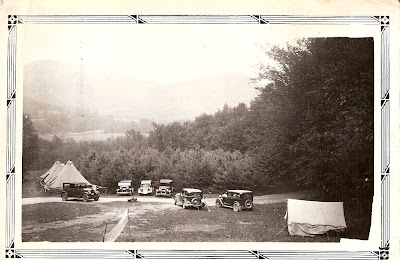The Council Leader
Ivan M. Durrell, Editor and Publisher
COUNCIL VALLEY FIRST, THE WORLD AFTERWARDS
Council, Washington County, Idaho
April 1, 1910
POSE AS A CAPITALIST
For one dollar we will send you three handsomely lithographed, but worthless, stock certificates, which you can fill out yourself for any amount, and have lots of fun showing them to your friends as proof that you are wealthy. These certificates appear to represent railway, gold mining, and insurance enterprises and look just like the “real thing”, but must not be used to realize money on. One sample for fifty cents. Send two-cent stamp for illustrated circular. Independent printing companies, Washington, D.C.
August 6, 1909
IT SHOULD BE
The name “Weiser” is being placed on the mound in the park at the Short Line Depot. Weiser has the prettiest park on the line from Pocatello to Weiser, and it is intended to still further beautify it by the addition of flowers and trees.
Weiser Signal
Sure thing the Weiser park is the prettiest on the line, and why shouldn’t it be since it is made from good, rich, black Council Valley dirt hauled down to Weiser for that purpose. The above justifies our claim that Council Valley dirt is the best for apples, meadows, grains, or parks.
December 3, 1909
COUNCIL VALLEY APPLES ATTRACT ATTENTION
The World Herald of Omaha, Nebraska, tells the following story of the Council Valley exhibit at the National Horticultural Congress which recently convened at Council Bluffs, Iowa: The representatives of Idaho at the show are extremely enthusiastic over the gigantic project of the Council Mesa Orchard company, which is preparing to set out the greatest orchard in the world, on the famous Mesa or bench lands located in Council Valley.
J. A. Carr, who is in charge of the Council Valley exhibit which has taken so many prizes at the show this year, said yesterday: “Idaho does not have to take a back seat for any state in the Union when it comes to growing fruit. This Council Mesa proposition is a great undertaking and when it is carried out in detail, will be a revelation. Four thousand acres of orchard, cut up into five and ten-acre tracts, each tract to have electrical transportation facilities, each home on each tract to have electric lights, are some of the things contemplated in the project.
“Eighty thousand apple trees have been ordered for next year’s planting on the Mesa, the varieties being Jonathon, Rome Beauty, and Winesap, three of the most popular commercial varieties. Experts have told us that this is the finest apple soil in America, and I believe them. It seems to me that the man who is fortunate enough to get one of these tracts will make a fortune out of it.”
Oregon’s exhibit is small but meritorious. Another exhibit that has proven a drawing card is the citrus products of Florida.
December 3, 1909
IDAHO APPLES FOR ORPHANS
Last Friday, in a telegram to Mayor Busse of Chicago, Governor Brady said: On behalf of the people of Idaho, I desire to present to Chicago orphans, through you and the united charities of your city, 3000 Jonathon apples which took the grand prize at the National Horticultural Congress.
March 25, 1910
Mr. Fuller of Spokane made a trip to the valley last week in search of a home. Mr. Fuller reports that several people in Weiser told him that he would find this valley covered with a blanket of snow. Weiser should take the hammers out of the hands of these knockers.
February 25, 1910
According to the astronomers, the earth will pass through the tail of Halley’s comet next May, but it is probable that if the astronomers had not found it out, the earth would not have known the difference.
Hailey News Miner
April 28, 1910
WE MAY ALL DIE LAUGHING
All humanity may die laughing May 18, when the earth passes through the tail of Halley’s comet, according to the theory of Carmille Flammarion, the famous French astronomer. By means of the wonderful instrument called the spectroscope, it has been discovered that the comet’s tail is composed of gases called hydrocarbons. These gases might so combine with the nitrogen in the air we breathe that the atmosphere would be converted into the regular “laughing gas” employed by dentists. The world would then die in a “delirium of joy.”
At first, a delightful serenity would settle upon mankind, says Flammarion, and then would follow a contagious gaiety, febrile exaltation, a paroxysm of delight, and then madness. Flammarion even conceives the world merrily dancing a joyous, hysterical sarabrude in which it perishes laughing.
Weiser Signal
compiled by Eberle Umbach























